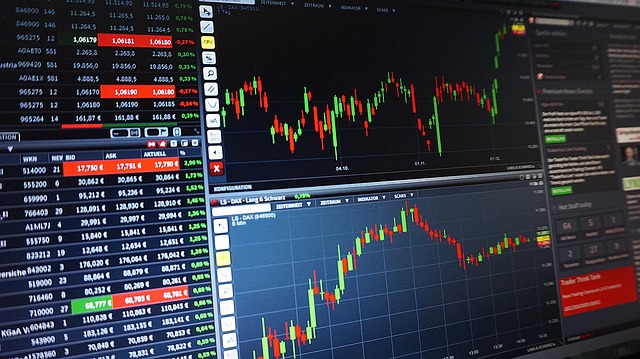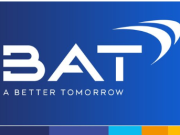Last week, shares in BAT, the sixth-biggest company in the FTSE 100 and maker of Lucky Strike, Dunhill, Rothmans and Benson & Hedges, fell by 10.6%, equating to a drop from £76bn market value to £68bn. The tobacco company’s share price has slumped by almost 40% over the past year, putting it on track for its third annual decline in the past two decades.
The FDA is currently looking into bans of flavoured vaping and tobacco products, such as menthol cigarettes. According to analysts at Jefferies, menthol sales account for about one-quarter of BAT’s annual profit, and 15% of Imperial and Altria.
“In terms of how much profit is at risk, though, we think it is way below this,” said analyst Owen Bennett, “We think many will just switch into a non-menthol variant of their brand versus quitting, or, given the availability of reduced-risk products, will now switch into one of these. The question is then, can the majors take their fair share of those switching?”
Research comparing e-liquid flavours and menthol cigarettes
A 2017 study had indicated that if flavours had to be banned in e-cigarettes and allowed in regular cigarettes, vaping would decline by over 10%. Banning e-liquid flavors would stir many former smokers back to smoking regular cigarettes, hence increase cancer and mortality rates. On the other hand, if menthol flavoured cigarettes were to be banned, there would be a 4.8% reduction in smoking, as most smokers would either switch to e-cigarettes, or quit.
Read Further: The Guardian












